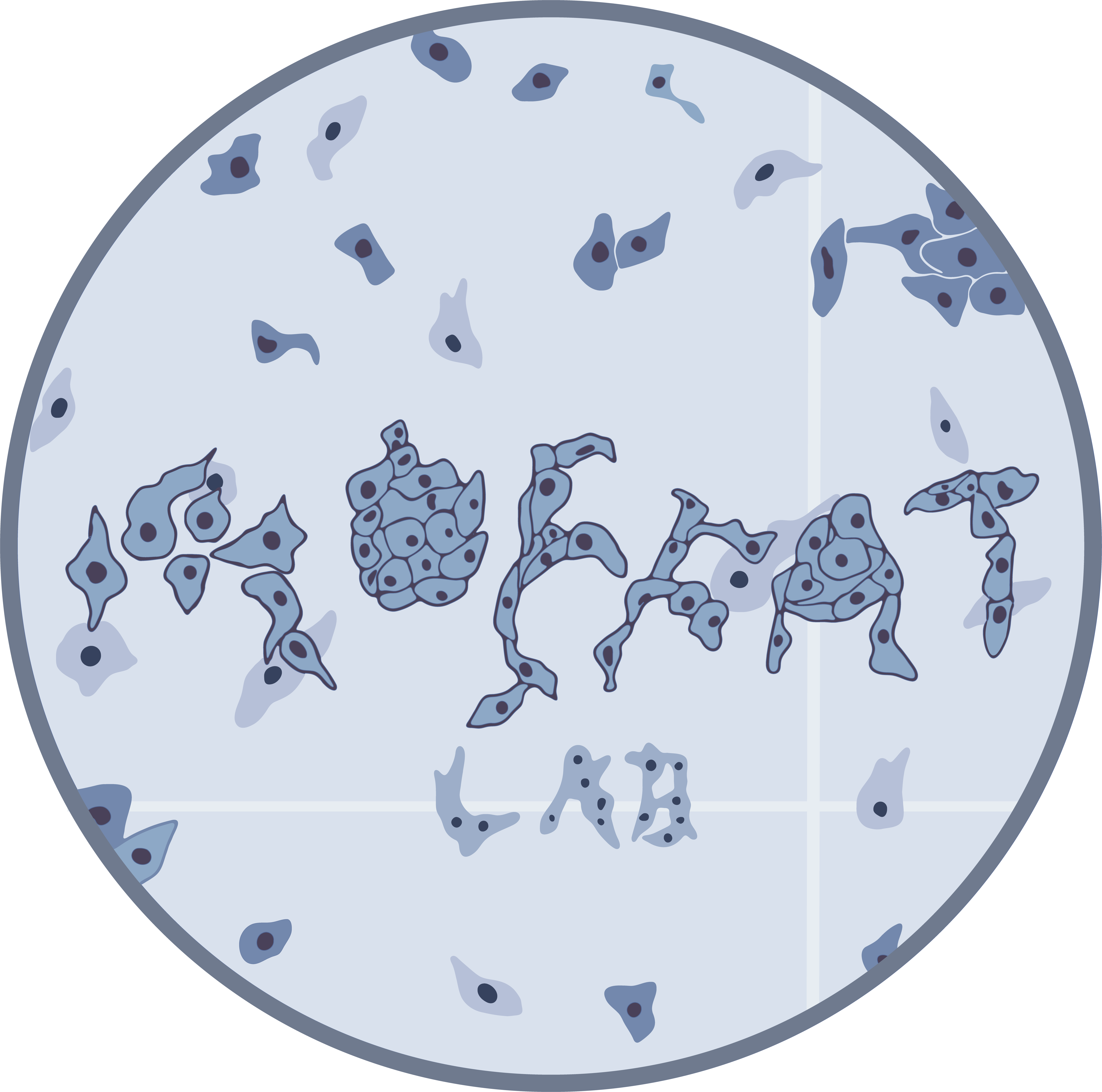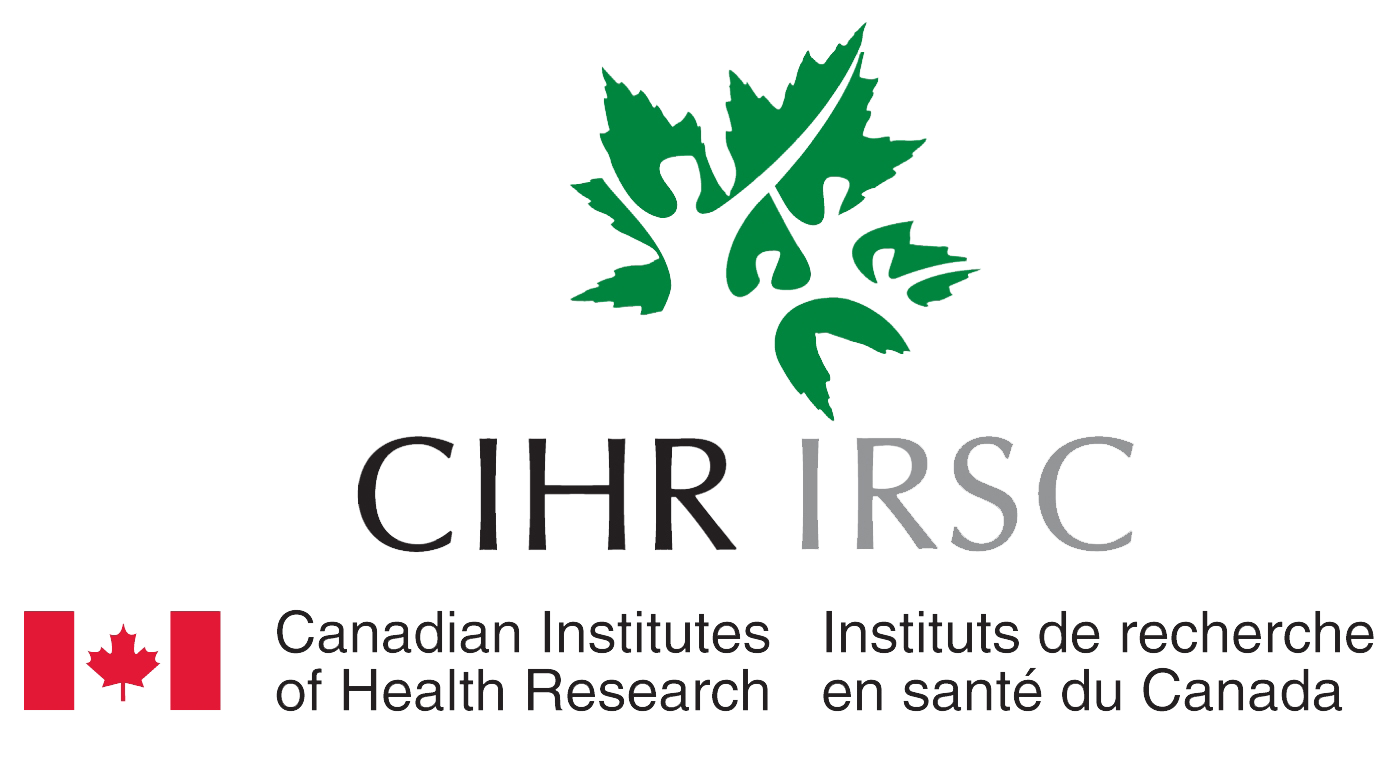The Moffat Lab
Building tools for functional genome annotation to explore the biology of human diseases. Using CRISPR-based gene editing to map the network of genetic interactions that underlie all cellular functions to relate genotypes to phenotypes.

The goal of the Moffat Lab’s research is to understand the function of signaling networks that control cell fitness (i.e., growth, proliferation, survival, and death) by cataloguing essential genes and genetic interactions. Our main interest is studying how genetic networks are altered in various types of cancer, particularly in response to gene perturbation.
To enable this research, our group is focused on technology development aimed at understanding genetic circuits that control cellular responses to changing conditions. More specifically, our lab has developed genome-wide gene perturbation methods and data analytics approaches to systematically identify fitness genes in human and mouse cell lines. We have built gold standard gene sets for functional genomics that have helped facilitate quality assessment of genome-wide loss-of-function screens in mammalian cells. Moreover, our group conceptualized the “Daisy model of gene essentiality”, which we have used to identify core and context-dependent gene sets for cancer cell line fitness, human embryonic stem cell fitness, and cancer intrinsic evasion to cytotoxic T cells. Systematic genetic screening efforts to catalogue essential genes and genetic interactions promotes gene annotation efforts, reveals functions for uncharacterized genes, unveils drug mechanisms of action, and illuminates genetic principles.
A driving belief of the Moffat Lab’s work is that effective therapeutic strategies can be found through understanding genetic wiring circuits underlying cell state, consistent with a Personalized Medicine approach but more accurately referred to as Network Medicine. This type of research requires interdisciplinary science that includes quantitative experimental biology, machine learning and computational biology, and a deep understanding of model systems and cancer biology.
Special thanks to our funding partners:






